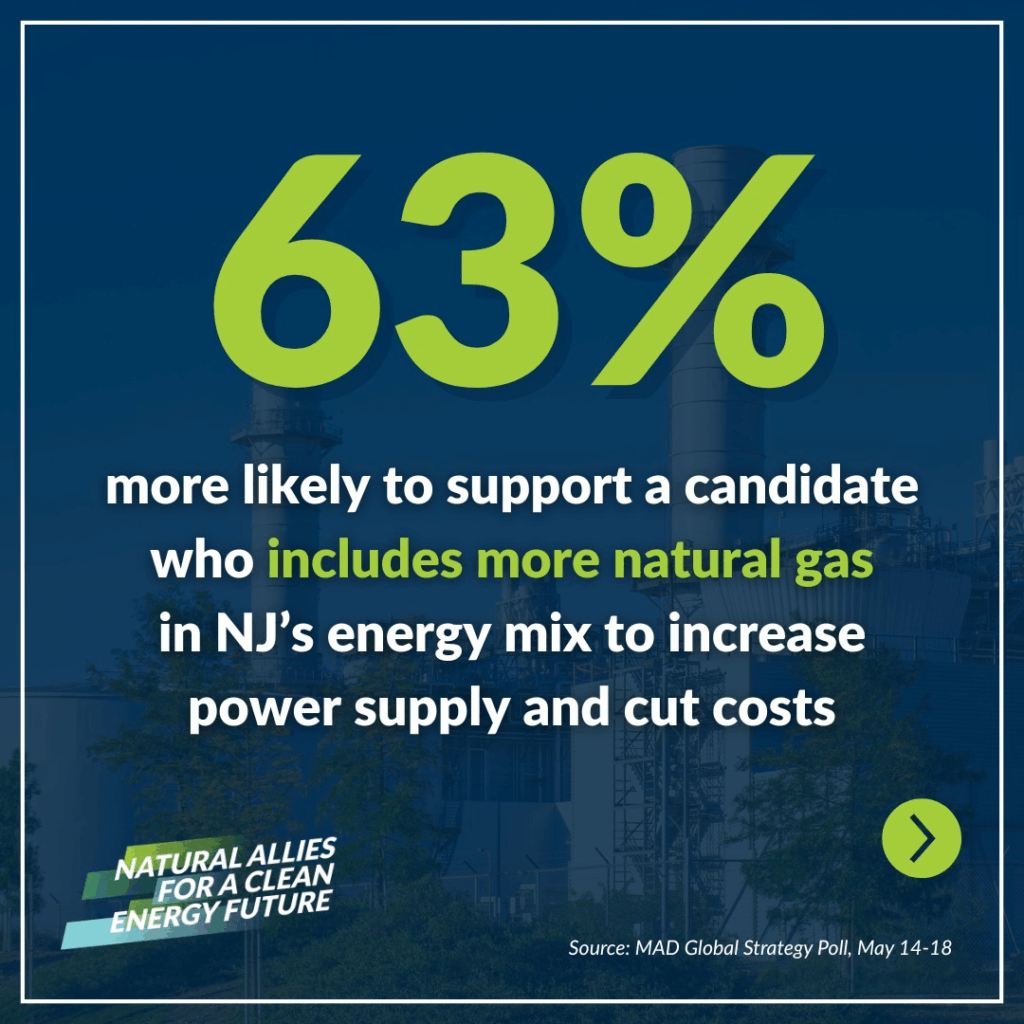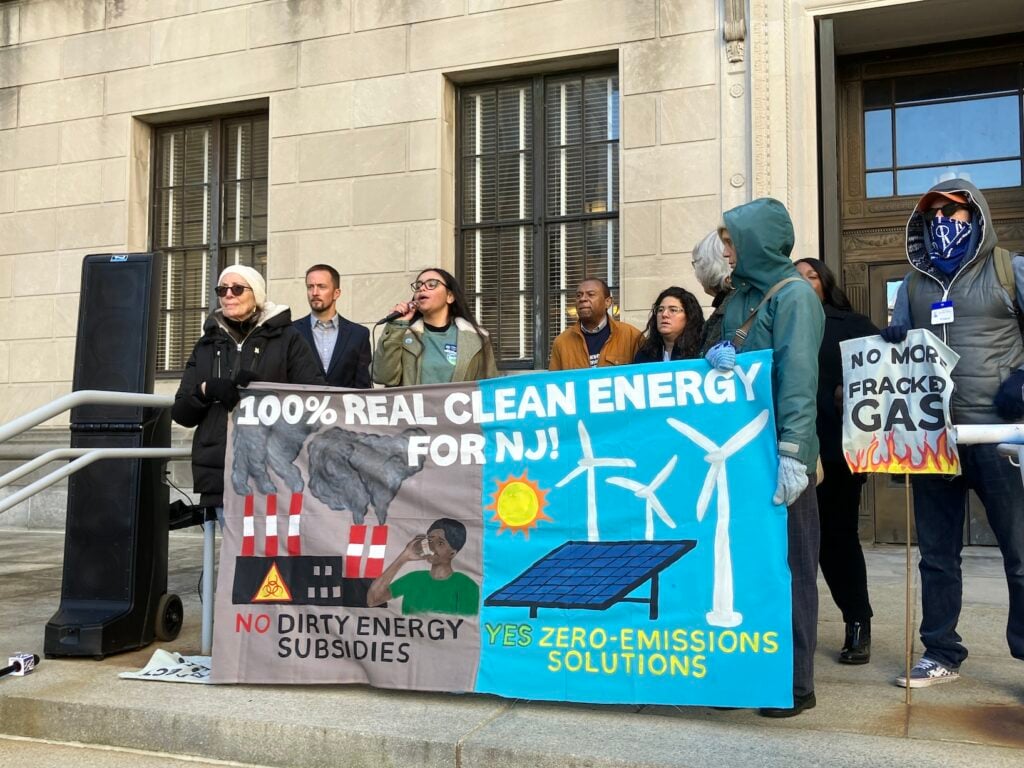In the ongoing national dialogue surrounding energy and climate, a significant strategic pivot is underway that holds direct implications for residents right here in New Jersey. What began as efforts to safeguard existing energy initiatives is now evolving into a powerful political tool, with proponents of sustainable policies aiming to highlight the economic consequences of inaction and opposition. For those of us committed to a greener, more resilient Garden State, understanding this shift is crucial.

Historically, political battles over energy programs often centered on their environmental merits or technological feasibility. However, a new approach is emerging, one that speaks directly to the everyday realities faced by families across the country, including those in our own communities. The focus is now squarely on “kitchen table economics,” framing the debate around how energy policies, or the lack thereof, directly impact household budgets.
The core of this evolving strategy is a clear and compelling argument: policies that resist the transition to clean energy and undermine climate initiatives will ultimately cost people money. This isn’t just about abstract environmental concerns; it’s about tangible expenses that hit home. Think about the rising costs associated with extreme weather events, the volatility of fossil fuel prices, and the missed opportunities for job creation in the burgeoning green economy. When sustainable energy programs are stalled or dismantled, the argument goes, the financial burden often falls directly on the shoulders of ordinary citizens.
For New Jersey, a state deeply invested in its own ambitious clean energy goals and vulnerable to the impacts of a changing climate, this national political strategy resonates profoundly. Our state has seen firsthand the economic disruptions caused by severe storms and the potential for economic growth through renewable energy investments. When national political discussions frame energy policy through the lens of consumer costs and economic opportunity, it creates a powerful narrative that can mobilize support for sustainable actions at every level.
This strategic shift means that the fight for sustainable energy is no longer solely about environmental protection; it’s also a battle for economic well-being. By contending that certain political stances on energy will lead to higher bills, fewer jobs, and greater financial instability, advocates are transforming climate policy into a potent electoral issue. It’s about making the case that sustainable choices are not just good for the planet, but also good for the wallet.
This reframing encourages a deeper look at the long-term economic benefits of transitioning to clean energy – from stable, lower energy costs derived from renewable sources to the creation of new, high-paying jobs in green industries. It challenges the notion that environmental protection comes at an economic cost, instead arguing that it is essential for long-term prosperity and financial security.
As these national energy debates continue to unfold, their impact on local initiatives and public perception in New Jersey will be significant. Staying informed about these discussions is vital for anyone interested in the future of our energy landscape and the economic health of our communities. To delve deeper into the critical climate issues shaping our world and how they intersect with policy and economics, we encourage you to explore more in our climate category at Sustainable Action Now Climate. This evolving political landscape underscores that sustainable action is not just an environmental imperative, but an economic one, too. Sources












